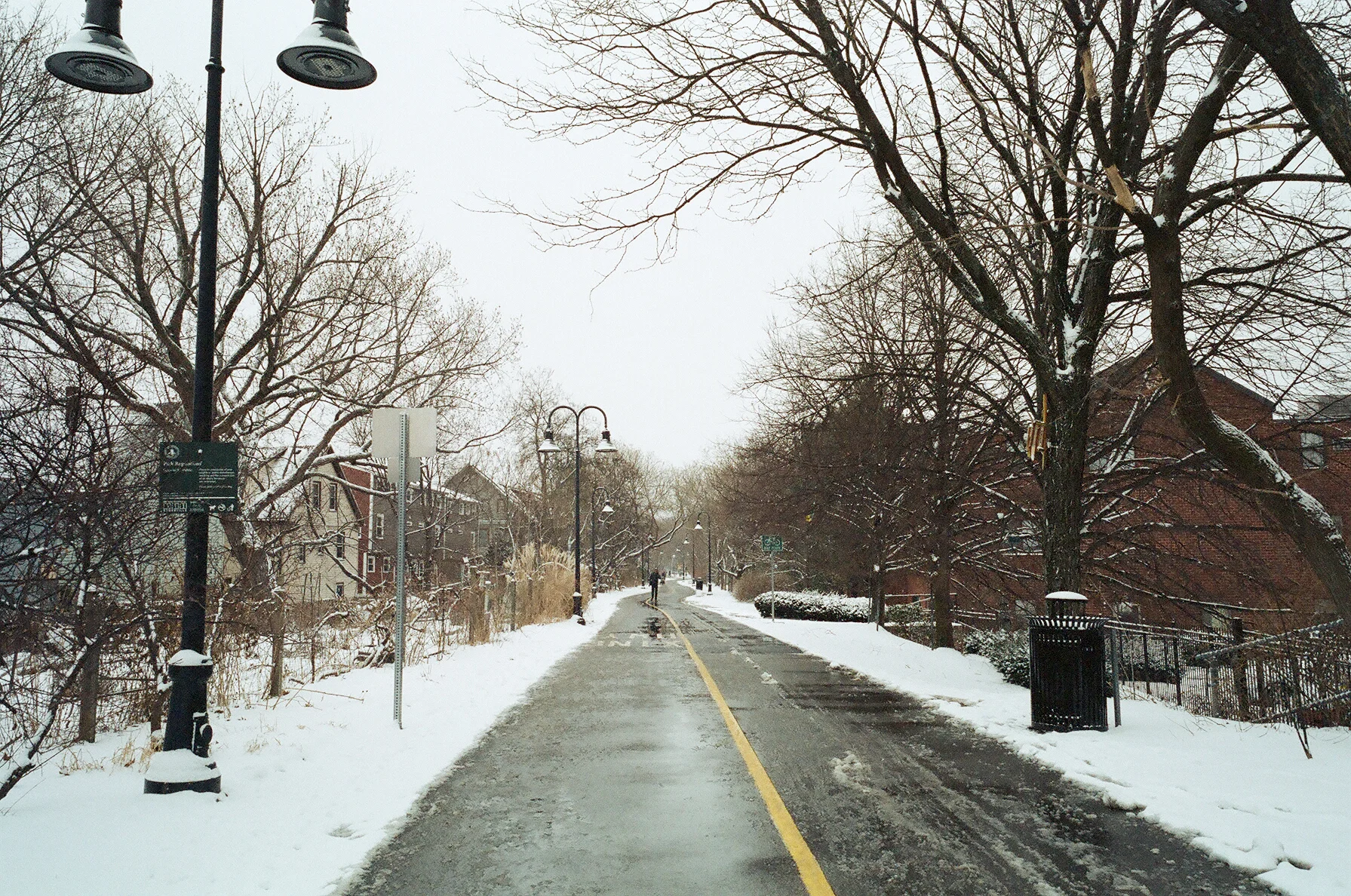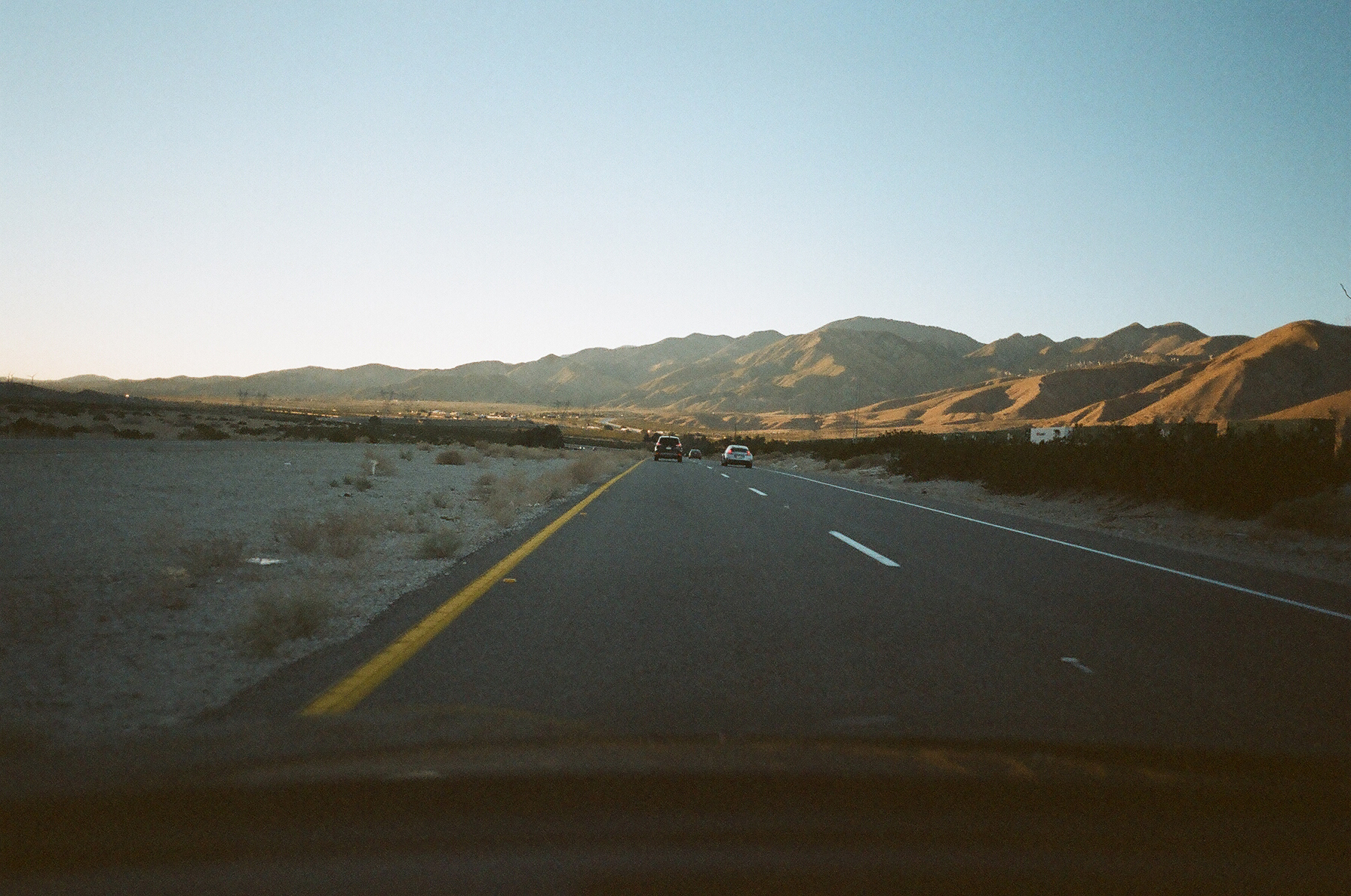what i need / nerd updates
New Ben Howard and this video made it hard to pick a song for this post, but this video gives me life and also this song is definite summer jams. Also it's Pride month, so this is more appropriate.
And it's summer!! It's hard for me to fully grasp that the weather is actually consistently nice and my heating bills won't be more than $200 dollars anymore... This month has been pretty exciting overall. I finished my first project at work, which was generally rewarding. I definitely learned a lot about the design process and about my own working/learning style. I'm realizing more and more how much my personal passion matters to me in my daily work, which makes me feel like general design consulting might not be the place for me. I'm lucky to have incredibly supportive and caring coworkers though, so I'm still very much enjoying my current work environment.
I went to New York City for Memorial Day weekend, which was a welcome escape from Boston. I always love visiting New York - everything feels so much more alive, and also the food is incredible (special note of love to Absolute Bagels and Buddha Bodai). It was nice to just walk around and feel life in the city, and also to catch up with some old friends. I finally went to the American Museum of Natural History as well, which made me think about my small existence in the universe.
Other than that, I've been cleaning out my apartment a lot and really thinking about what I want to do this summer. I have a lot of film rolls that I'm excited to develop - I recently trialed a Bessa R3m, which is a M-mount rangefinder camera made by Voigtlander. I got it from KEH new in box, but the metal shutter was a huge turnoff and I found it very jarring to shoot. That was a shame, because the 1x viewfinder and other mechanics/feel were quite delightful. I ended up returning it and scoring a Leica M2 on eBay for $600 after some crazy discount codes and things. It's supposed to be in working condition, but even if I have to send it for some repairs, I'm pretty psyched about it. I've had a picture of a Leica M2 on my wall at home since 11th grade. I cannot really afford true Leica glass at this point, so I'm waiting on a 7Artisans 35mm f/2 to hold me out.
I have been shooting digital a lot less, which may explain the lack of photos in this post. I ended up returning the 0.95 aperture lens I talked about in my post from March. My Fuji kit only contains the 18-55 and 23 at this point. It's very functional, but even after all this time, I recognize that my joy in photography mostly comes from shooting film. I've been using the Olympus XA4 extensively, which is by far my favorite point and shoot camera. The 28mm view, easy zone focusing, and tiny size make it the best everyday carry camera I've found (and I've tried too many to count).
I've picked up (or continued, I guess) more nerd hobbies and acquired a new mechanical keyboard. I got a cheap blue switch 60% keyboard (MagicForce 68) a few years ago because I'm all about the tactile things, but that thing is super loud and I wanted something I could potentially take to work or use in a busier environment. Since I'm all about compactness and efficiency, I opted for a 40% ortholinear keyboard. As you can see from the picture, this means the keys aren't staggered. I was a bit worried about typing ability, but I've had about a week to practice and am pretty much at my normal typing speed. It takes a few minutes to adjust when I go back to my work laptop, but it's been really fun programming specific keys and making new short cuts and things. This will probably make zero sense to the majority of people reading my blog, so I'll stop now. Brown switches are way nicer than blues though, fyi.
Looking forward to...
Haux concert! (Thursday)
Colorado trip with family (Starting next Sunday)
Summer nights and bike rides (ALL SUMMER)
Leica repairing and refurbishing (Probably right before Colorado)
Vegan sushi in Montreal (mid July)
Visiting Grandma in Ireland (October?)
Moving closer to home (Late October???)

















